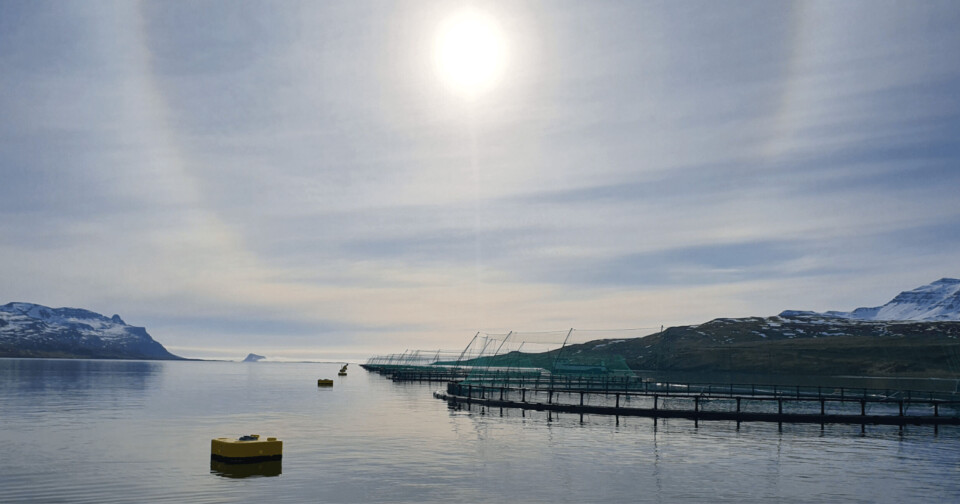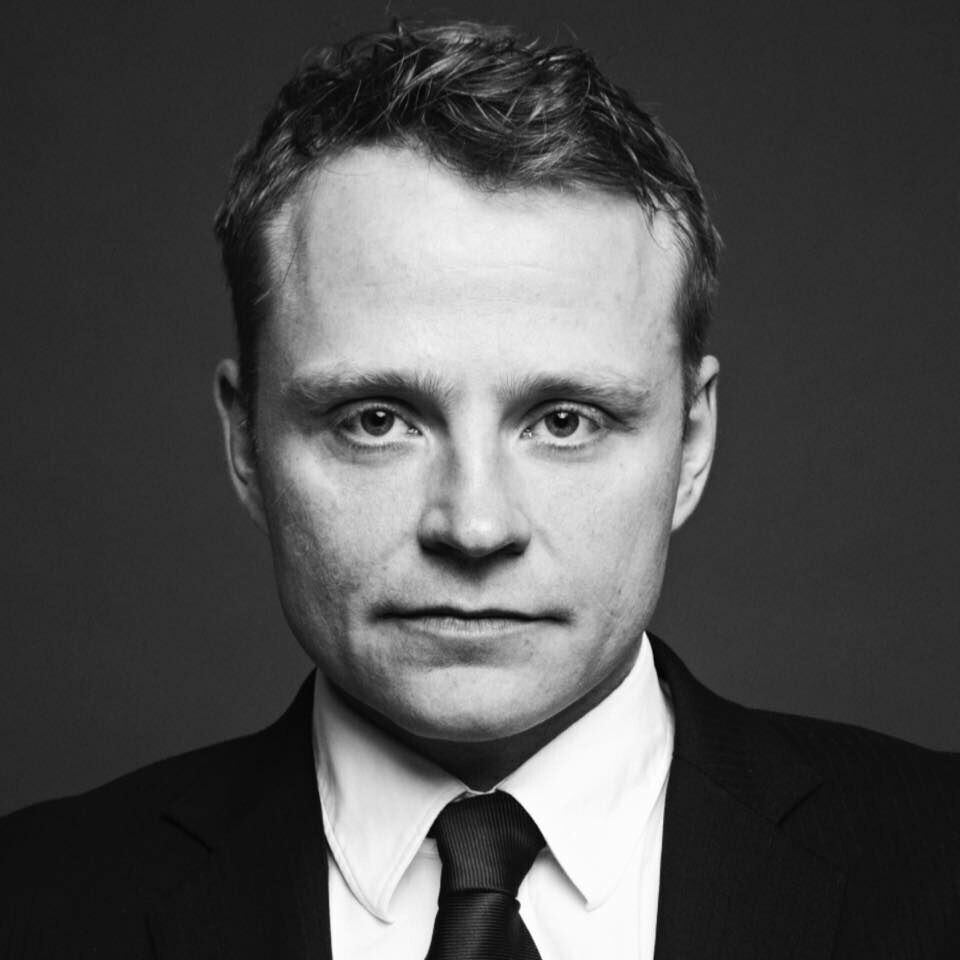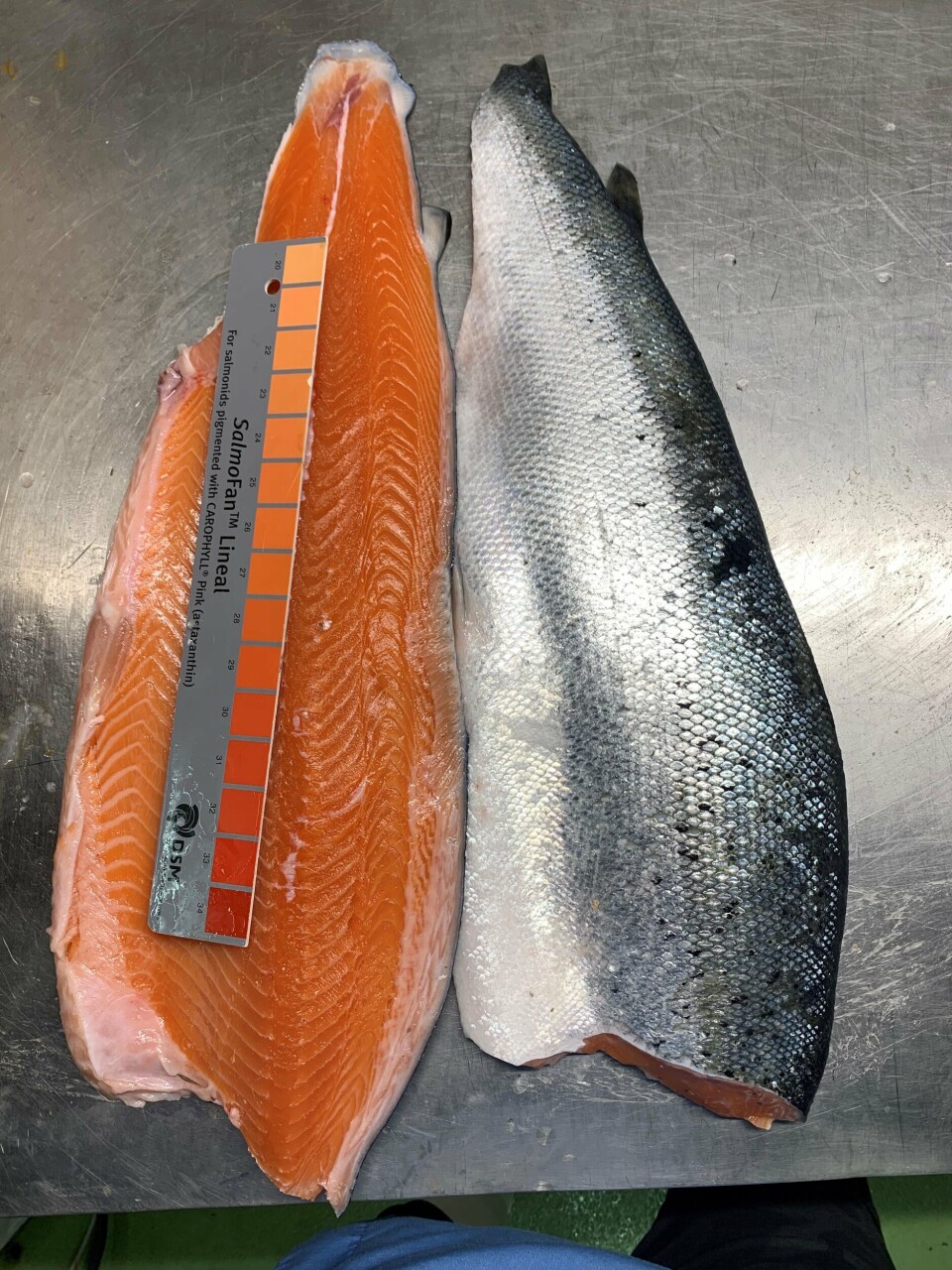
Ice 'n' easy: farmer ‘never had to handle the fish’
An Icelandic salmon farmer has reached a milestone by harvesting the first fish from a new farming location after a trouble-free cycle in which the stock never required handling.
Ice Fish Farm stocked 100-gram smolts at its new Fagraeyri site in Fáskrúðsfjörður in the late spring of 2019 and began harvesting fish weighing around 5.5 kg this week, after 18 months at sea.
The next generation of smolts that will be released in the spring will be larger, and chief executive Guðmundur Gíslason believes that this means that they can be optimistic about saving even more production time at sea.

Good smolt, good transfer
The reason for the rapid growth in the sea, he said, is due to good quality smolt which had a good transfer to the sea.
“This locality has good conditions, and we have an experienced team that has trained new members working at the site. The cages we use are larger and stronger with more volume, which gives the salmon plenty of room for growth and withstands cold seas and the elements. Something that was also important for the growth was that we were able to feed the fish 98% of the days in the sea.”

Stronger colour
He pointed out that Ice Fish Farms’ salmon also have a higher omega-3 content and a stronger colour, and said this is due to the use of a high quality feed, cold water and little stress for the fish.
The company does not have problems with salmon lice in this fjord and therefore does not need to use cleaner fish or resort to treatment methods.
“The salmon have never been handled in the sea since they were put in the cage. This means less stress for the fish and better quality,” said Gíslason.
Fish welfare
Ice Fish Farms’ next step is to expand production in Fáskrúðsfjörður without compromising quality.
“We have a permit for a maximum of 11,000 tonnes of biomass in Fáskrúðsfjörður and aim to reach it first, so with more experience and larger smolts, we can focus on utilising our licence even more. We have strict guidelines that we follow in Ice Fish Farm,” said the executive.
“The laws in Iceland are there to prevent and avoid biological problems and we want to maintain our sustainable certifications and have the right balance at our locations. The salmon must have good conditions to grow, that is the most important thing, as well as good fish welfare.”
The company will start the next production at this site this spring.
Ice Fish Farm expects to harvest 8,700 tonnes this year. “The harvest for 2022 is higher and estimated at 15,500 tonnes. We are now building smolt plants that will increase growth and give us even faster production cycles in the sea,” said Gíslason.
‘We aim high’
Asked about where Iceland fits in the global salmon market, Gíslason said: “We focus on quality and premium segments. Ice Fish Farm has managed to achieve premium salmon compared to others. Our production has unique qualities and with that we aim high. With our responsible farming and sustainable certifications, it gives us several benefits.
“The image of Iceland is positive. The salmon market is global and Iceland is between the two largest markets in the world, and we have duty-free imports for China. Iceland is able to grow more than other farming regions. Having satisfied customers is important and building a reputation based on quality, sustainability, reliability and more volume will help us in the global market. Ice Fish Farm has started farming organic salmon, which will also help us.”























































